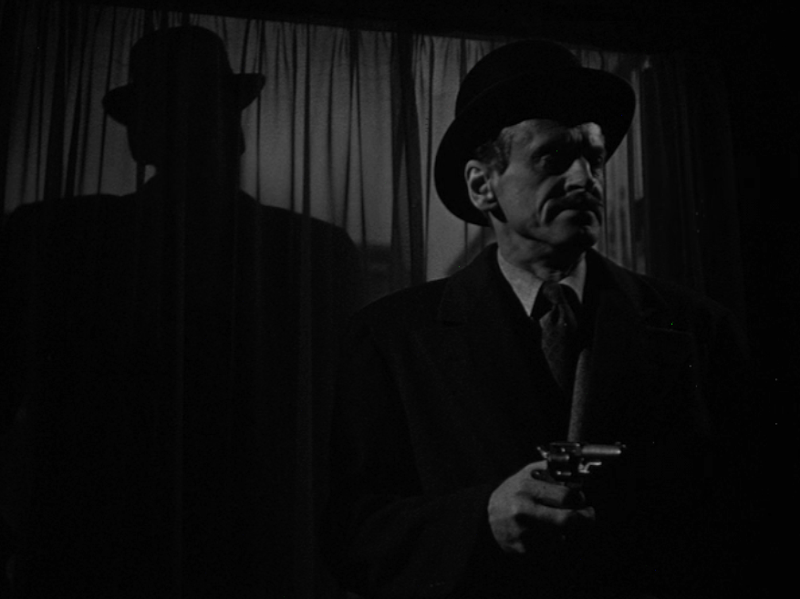

We're taken in by every turn, every twist, on this rather dizzying ride. It's a credit to Moffat, and to the stellar performances of uniformly superb cast, that every possibility seems a credible one. Is this the tale of a seemingly unassailable adversary and the terrifying lengths to which our heroes will go to stop him? Or is it the story of how a drug-ravaged Sherlock got it wrong? Might Culverton Smith be an innocent man, albeit a intensely creepy one?

But it is a mystery nonetheless, playing with our expectations as to exactly what sort of story Moffat is telling until the final act. 'The Lying Detective' is an unusual sort of mystery – anyone wishing that the show would consist of "Sherlock and John solving a case, larks ensue" will doubtless come away disappointed. He tears himself down as a way of building John back up – the central twist in an episode that delights in pulling the rug out from under the viewer again and again and again.įor all the skin-crawling moments delivered courtesy of Toby Jones as the hideous Culverton Smith – and they are plentiful – what arrived on BBC One billed as the darkest Sherlock episode yet ("with some scenes you may find upsetting") is secretly a rather uplifting tale of how the rift between two friends is healed. Sherlock co-creator Steven Moffat wasn't bluffing when he told us that the great detective and his partner-in-solving-crime would " go to hell and back" this series.īoth men appear to be reeling in the wake of Mary's death, but while John is truly lost, Sherlock's own 'disintregration' is extremely purposeful. They kind of go to hell and back this time." This is about as difficult as it gets for them. It comes after a three-year layoff, except for a Christmas special last year, and begins with an episode called “The Six Thatchers,” based on the Conan Doyle story “The Adventure of the Six Napoleons.” As in the story, someone is seeking out and breaking plaster busts of that titular historical figure."Without giving anything away, this is about as tough a journey as he goes on.

Which brings us to Season 4, beginning Sunday in Britain and America ( on PBS’s “Masterpiece Mystery!”).

But being inhuman, in a witty and almost balletic way, had always been the best and most interesting thing about him. Her function, it seemed, was to generate situations that would draw out Holmes’s protectiveness on Watson’s behalf - to humanize Holmes. More ominous, though, was their introduction of a girlfriend and then wife for Watson, Mary (Amanda Abbington), who turned out to have a hidden past as a spy. A little of the air went out of the writing, which was disappointing but not too surprising - Steven Moffat and Mark Gatiss, the show’s creators, had set themselves a very high standard. Then came the show’s third season, in 2014. The bromance between Holmes and John Watson (Martin Freeman) added some emotional texture but didn’t get in the way of the fun. Holmes, played with a waspish glee by Benedict Cumberbatch, delighted in solving puzzles no one else could solve, and we delighted along with him. “Sherlock” arrived on BBC and PBS in 2010, a fresh and frantic reinvention of Conan Doyle’s Sherlock Holmes tales that focused on the pure joy of intellect. If Arthur Conan Doyle were writing it, he might call it “The Adventure of the Changeable Detective.”


 0 kommentar(er)
0 kommentar(er)
